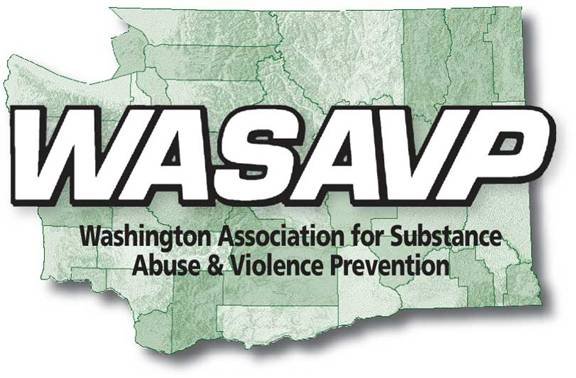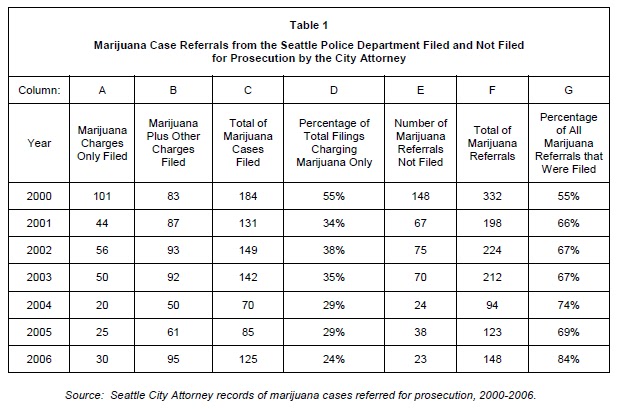King County
Washington
Youth substance abuse treatment admissions are different from adult admissions -- alcohol is, by far, the primary reason adults enter treatment.
When I show people these charts, they often ask me if these high rates of youth treatment for marijuana are because they were referred to treatment by the courts. While the juvenile justice system does play a role in these numbers, they are not the primary original referral source -- schools are.
In most school districts, if a student is caught with drugs/alcohol at school, he/she is referred to a community agency for a substance abuse assessment. The assessment agency then usually recommends either drug/alcohol education or treatment. Most students are referred to an educational program. The same process is true for the courts.










